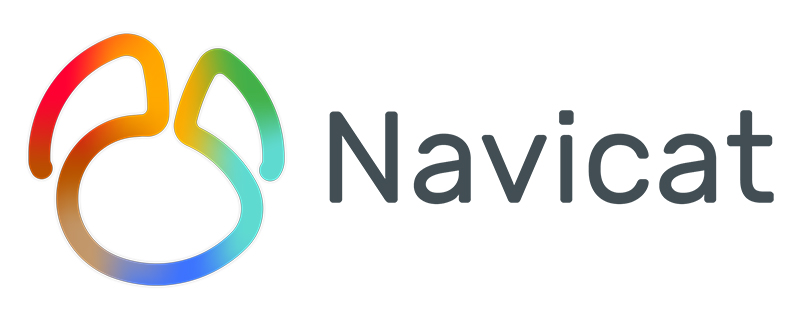What is navicat used for?
- 藏色散人Original
- 2019-08-16 13:35:5712671browse

What is navicat used for?
Navicat is a set of fast, reliable and affordable database management tools designed to simplify database management and reduce system management costs. It is designed to meet the needs of database administrators, developers and small and medium-sized businesses. Navicat is built with an intuitive graphical user interface that allows you to create, organize, access and share information in a secure and easy way.
Navicat is world-famous and widely trusted by major enterprises, government agencies, and educational institutions around the world. It is also an essential daily working partner for practitioners from all walks of life. Since 2001, Navicat has been downloaded over 2,000,000 times worldwide and has a customer base of over 70,000 users. More than 100 Fortune 500 companies are using Navicat.
Related recommendations: "Navicat for mysql graphic tutorial"
Navicat provides up to 7 languages for customers to choose from, and is recognized as the most popular database in the world Front-end user interface tools.
It can be used to manage and develop local or remote MySQL, SQL Server, SQLite, Oracle and PostgreSQL databases.
Navicat is powerful enough to meet all the needs of professional developers, yet is easy to learn for those new to database servers. With a comprehensive graphical user interface (GUI), Navicat lets you create, organize, access and share information in a secure and simple way.
Navicat is available on three platforms - Microsoft Windows, Mac OS X and Linux. It allows users to connect to any local or remote server, and provides some practical database tools such as data model, data transfer, data synchronization, structure synchronization, import, export, backup, restore, report creation tools and plans to assist in managing data.
The above is the detailed content of What is navicat used for?. For more information, please follow other related articles on the PHP Chinese website!

